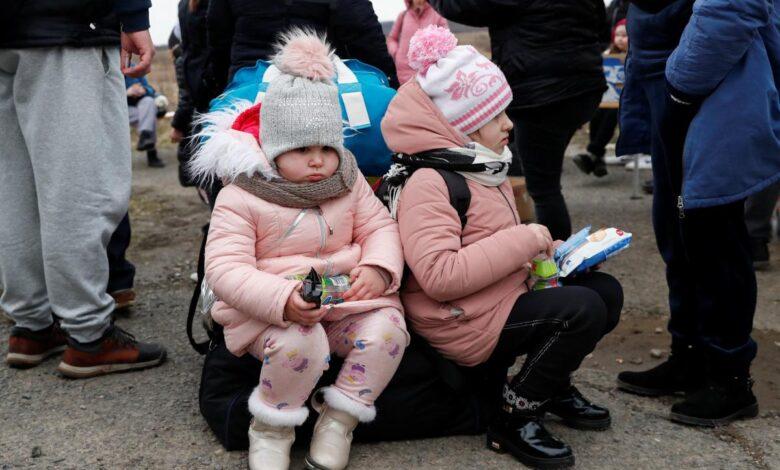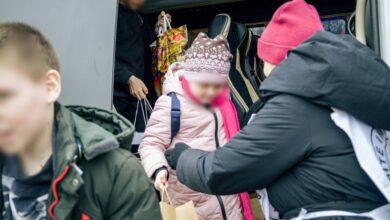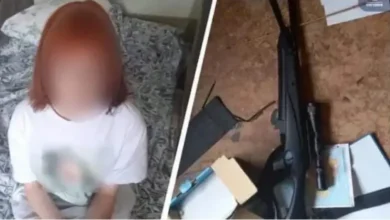Ukraine has returned 1,223 children out of almost 20,000 deported or illegally displaced by Russia: Zholnovych

The deportation of Ukrainian children is one of the most tragic and difficult humanitarian problems that arose as a result of the war. Forced displacement of children not only deprives them of the opportunity to grow up close to their relatives, but also affects their psycho-emotional state, cultural identity and future development.
Returning children: scope and challenges
For data, reported by Minister of Social Policy Oksana Zholnovych during the international forum “Three years, many destinies: in defense of the freedom and future of Ukrainian children”, which was held in Vilnius, Ukraine returned 1,223 children out of almost 20,000 who were deported or illegally displaced by Russia. She emphasized that the real number of abducted children could be much higher due to the concealment of information and the blocking of humanitarian access.
This greatly complicates the work of international organizations and state structures that deal with the return of children to their homeland. Despite the difficulties, Ukraine is actively working to ensure that every child returns home, and information campaigns are aimed at identifying and documenting cases of abduction.
“We have already developed a mechanism for reintegration, where all services work together. Children return to their relatives or find a new family through adoption or foster care. Last year, 1,268 children received new parents – this is a record for five years, which proves that the system works, and more and more families are ready to accept a child.
For the first time at the national level, we are procuring social services that help families overcome challenges and receive the necessary support. We are starting a program to support children with disabilities, which provides day care, inclusive support and access to education.
We are strengthening our support for large foster families – last year we bought 57 houses, and we are also continuing this program together with the “Childhood Address” initiative of First Lady Olena Zelenska. We are expanding foster care – 187 new foster families were created last year, there are already 446 of them in total. An online platform dity.gov.u with training, consultations and necessary information was launched for future foster parents.
Thank you to everyone who helps bring our children back, protect their rights, and build a system where every child has a chance for a safe and happy future. This work continues.” – Zholnovich said.
The mechanism of reintegration: return to the family and a new life
The return of the children is only the first step on the long road to restoring their normal lives. The Ministry of Social Policy emphasizes that it is extremely important to create a safe environment for children where they can grow and develop. To this end, Ukraine has developed a comprehensive reintegration mechanism, which provides for two main options:
- Return to relatives. Children who have relatives may be returned to their parents or other close family members. This option allows you to maintain a connection with culture and traditions, which is extremely important for overcoming psychological trauma.
- Finding a new family through adoption or foster care. If it is not possible to return to relatives, the process of adoption or registration of foster families is provided for children.
The return of deported children is an extremely important issue. These measures are aimed at ensuring that every child gets a chance for a new life in a stable family environment, and the country is able to overcome the consequences of the brutal actions of the aggressor and restore justice for the most vulnerable sections of the population.





